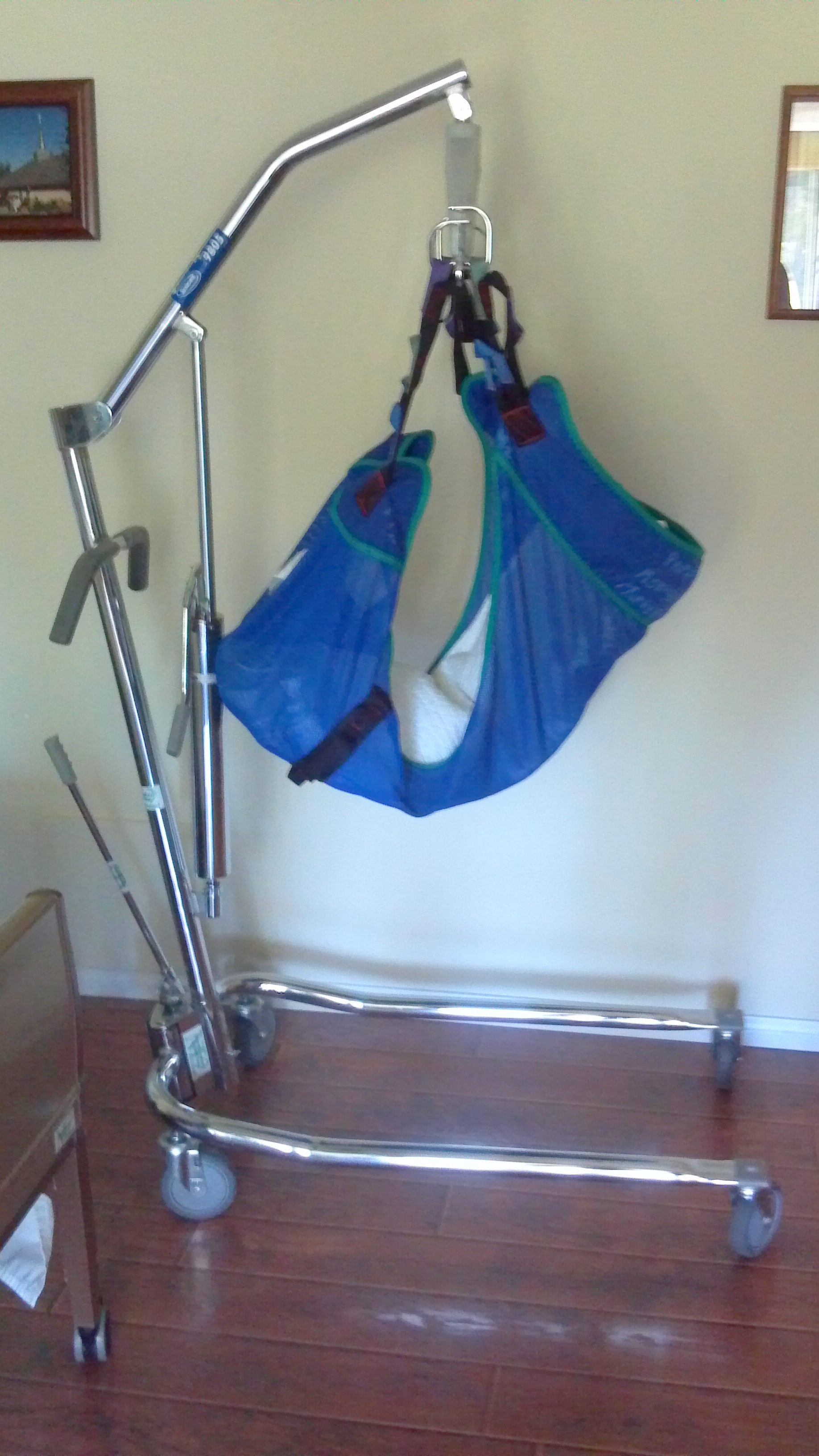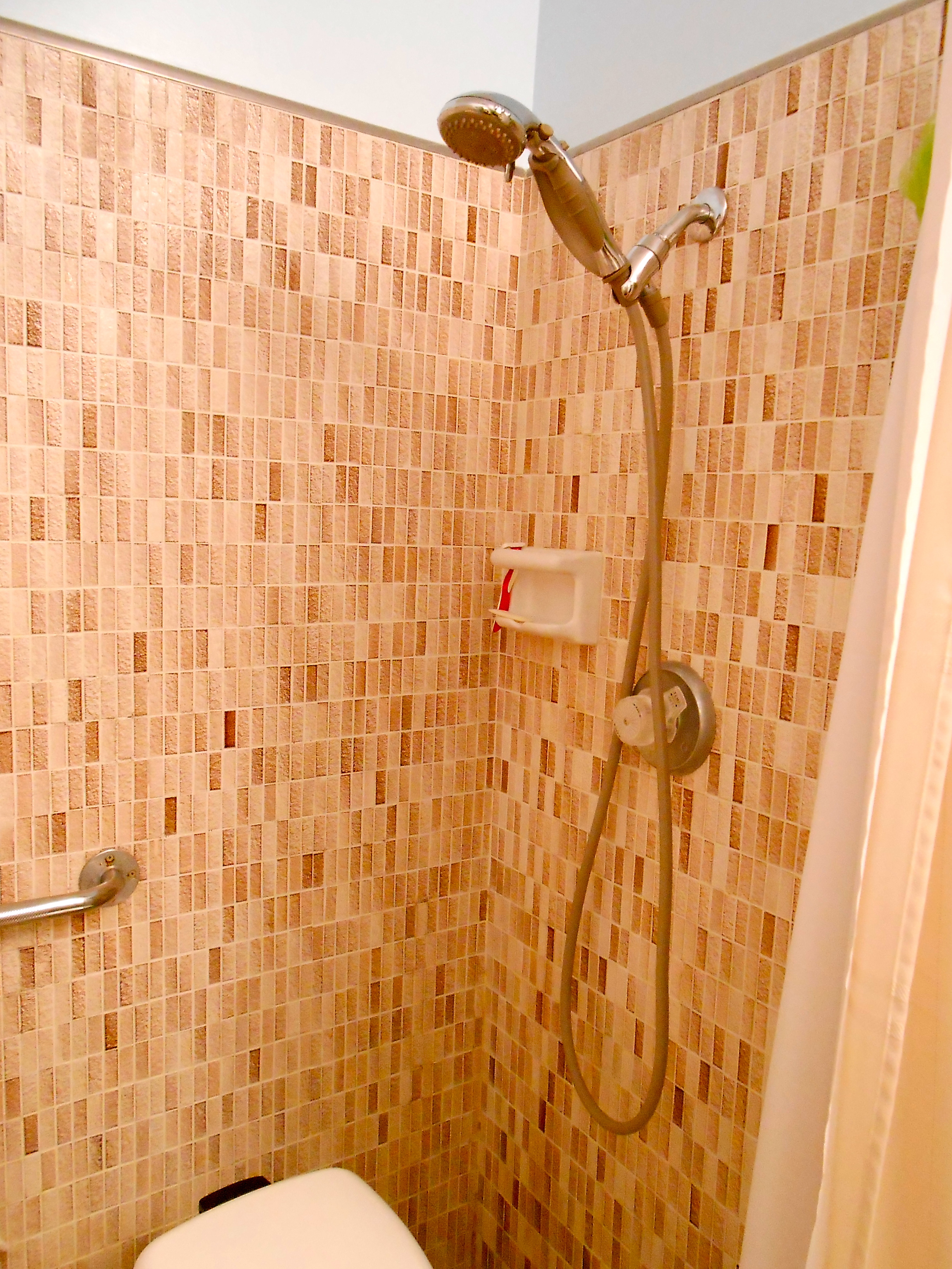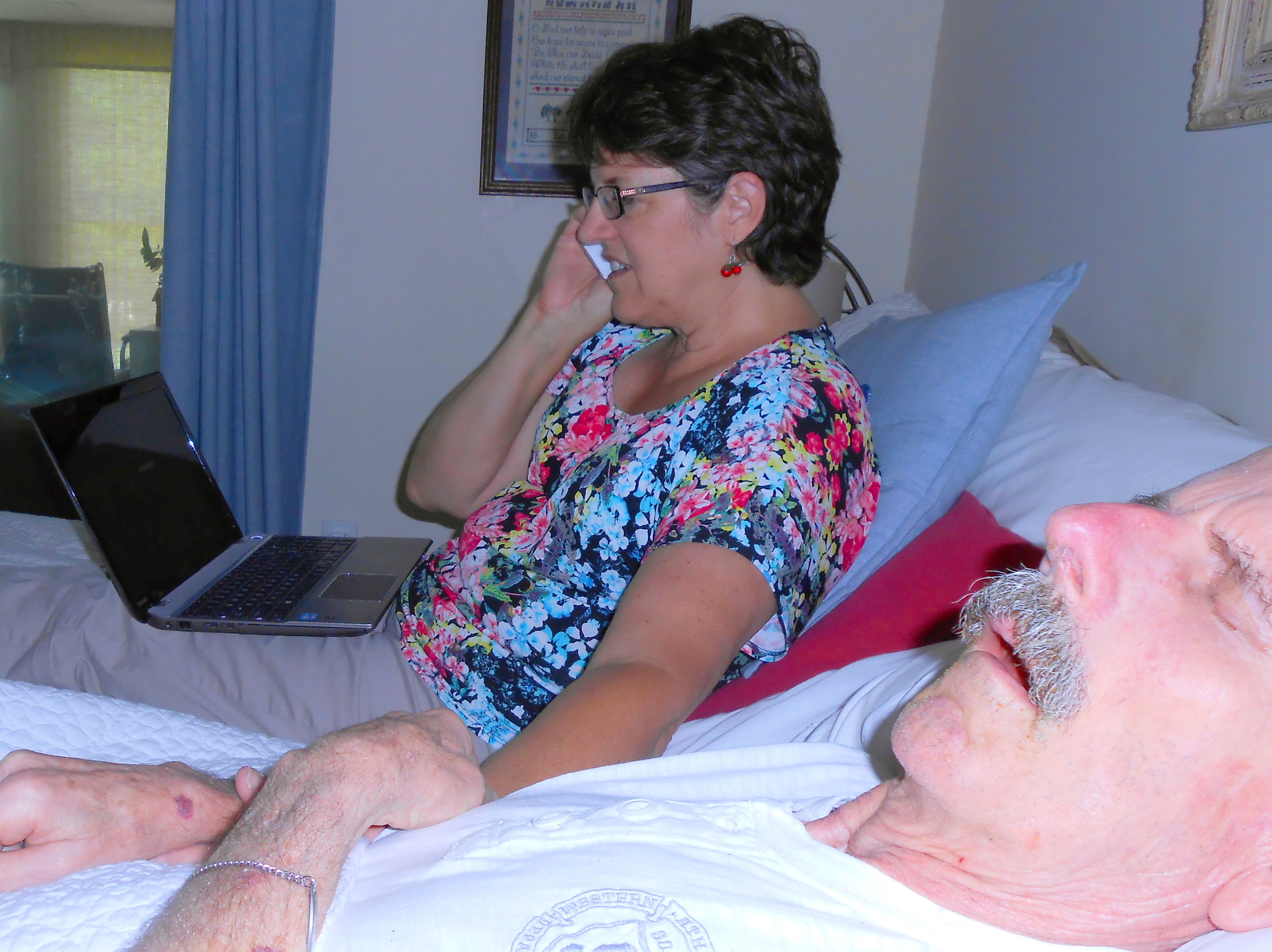"Many are the plans in a man's heart, but it is the Lord's purpose that prevails." Prov.19:21
Recently Becky (our caregiver) and I wrote an article for the newsletter for our Alzheimer's ministry group at church. We called it "Logistical Strategies." It's about adapting to the changes in our loved one. I'm happy to share the content here because there are many photos of what we are doing to make things easier. If you are reading this because you know and love someone with dementia, I hope this is super helpful. If you are reading this because you love Gary and I, thank you for caring. L.P.
Logistical Strategies
(from the Alzheimer's. Ministry Newsletter, Grace Community Church)
Changes ahead. Seven years ago when Gary was diagnosed with A.D., I knew changes were coming. I knew Gary would get worse, not better. I knew I didn't want to embrace the unfamiliar. Wise friends and loving family have advised me at every step of the way to face the facts, accept the inevitable and try to be "ahead of the game" with our preparations. There have been scary moments, but always, I have found that God is right there guiding us along, and a constant companion. Most of the time, by grace, I am able to bask in the security of God's good providential care. "I will never leave you or forsake you" He said. "I will incline my ear to you, when you cry for help" and just like David, He has been listening to me and caring for Gary and I.
Life has not been without it's "tumbles" and "messiness" at times, but overall, we have continued to "adjust" to the NEW and DIFFERENT, which has given comfort to Gary and peace to me. Be kind to your Loved One by adjusting his/her environment to suit him/her, give the gift of time to your family and friends by simplifying your life, and save own back by making use of equipment and lifestyles that fit your new phase of life. Everyone's needs are different of course, but now that Gary is in Advanced Stages, we've been through a lot and want this personal look to serve as a visual aid in your planning and strategizing for your loved ones.
Becky's photos and comments give the care giver's perspective so together we'd like to encourage you.
The biggest change was a new home. One that I could manage. I wish we'd moved sooner. Generally, I'd say make adaptations sooner rather than later so your L.O. (Loved One) can adjust before the disease progresses. Try to stay ahead of the needs.
So, to you, friend, I say..."Welcome. Come on in and I'll show you around our house!"
(Use the arrows at the edge of each photo below to advance to the next one.)
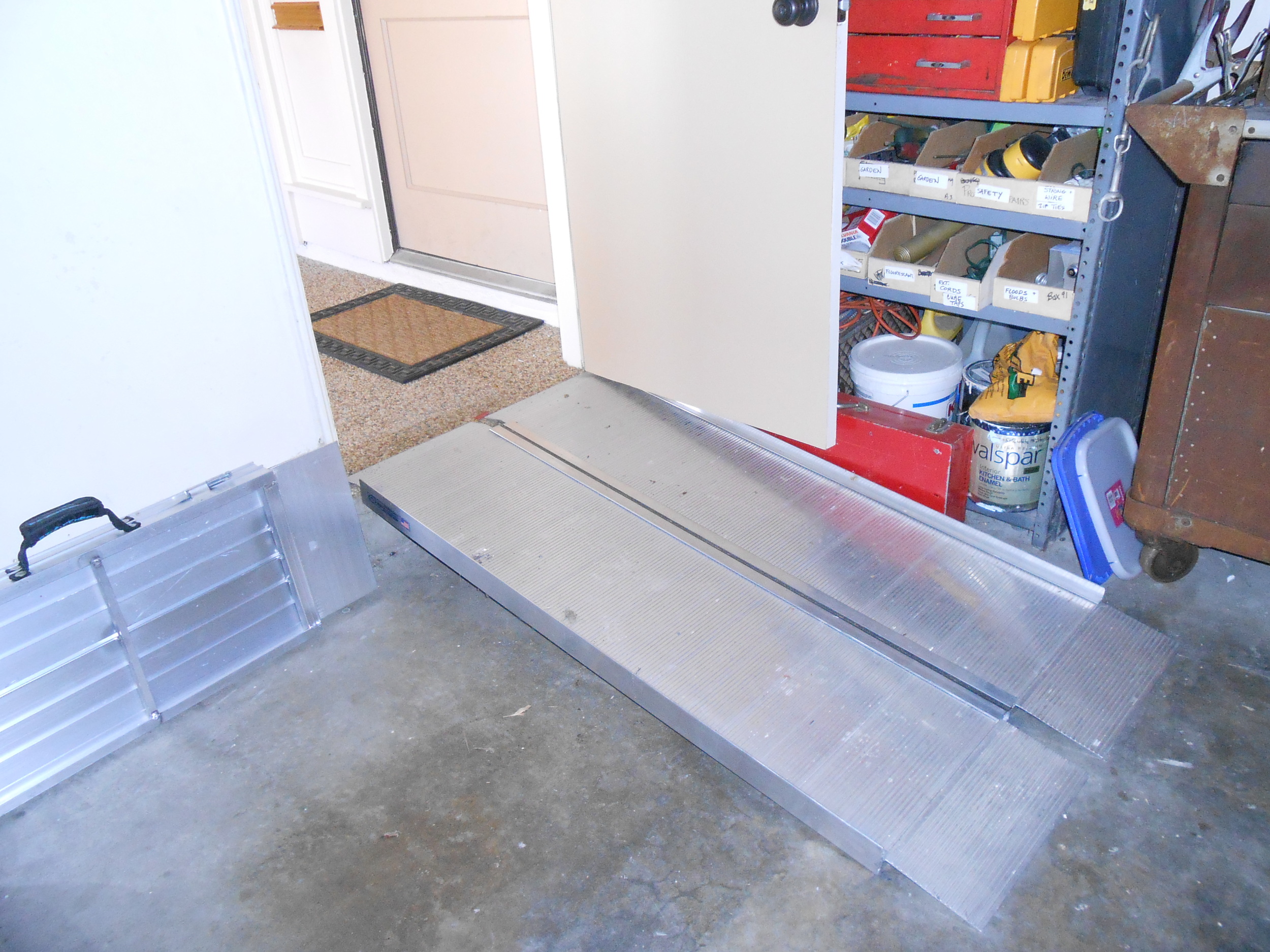
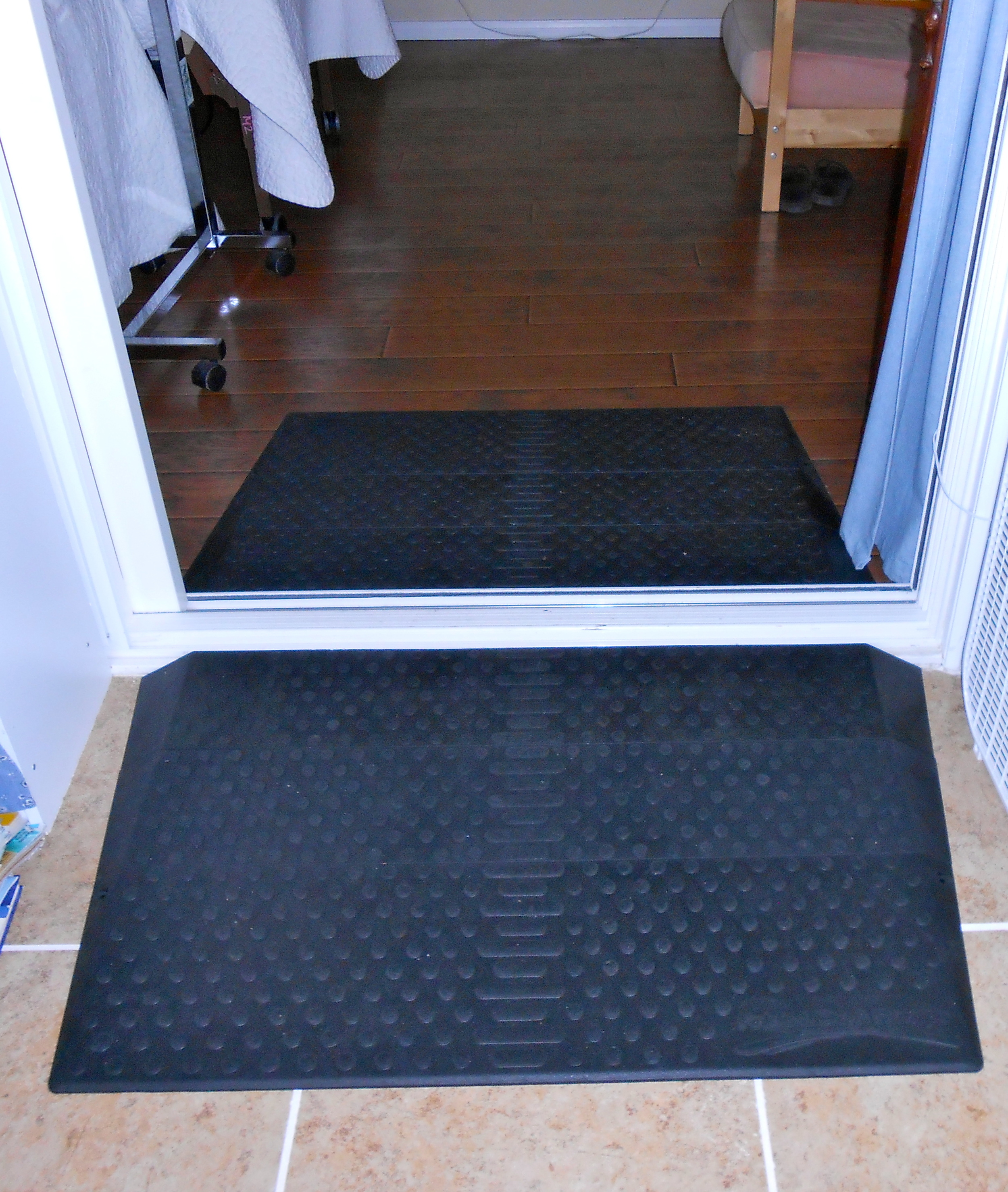

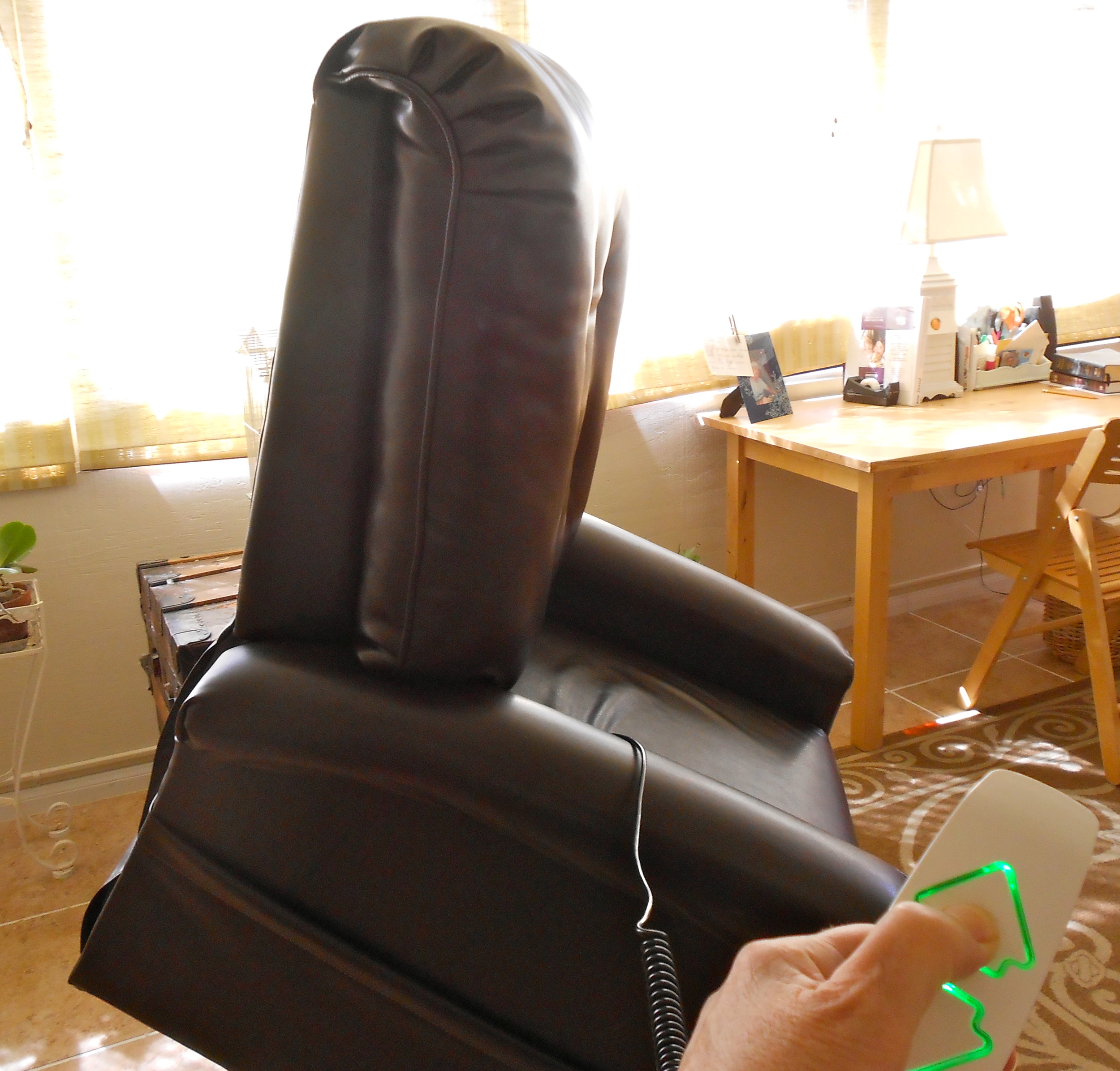
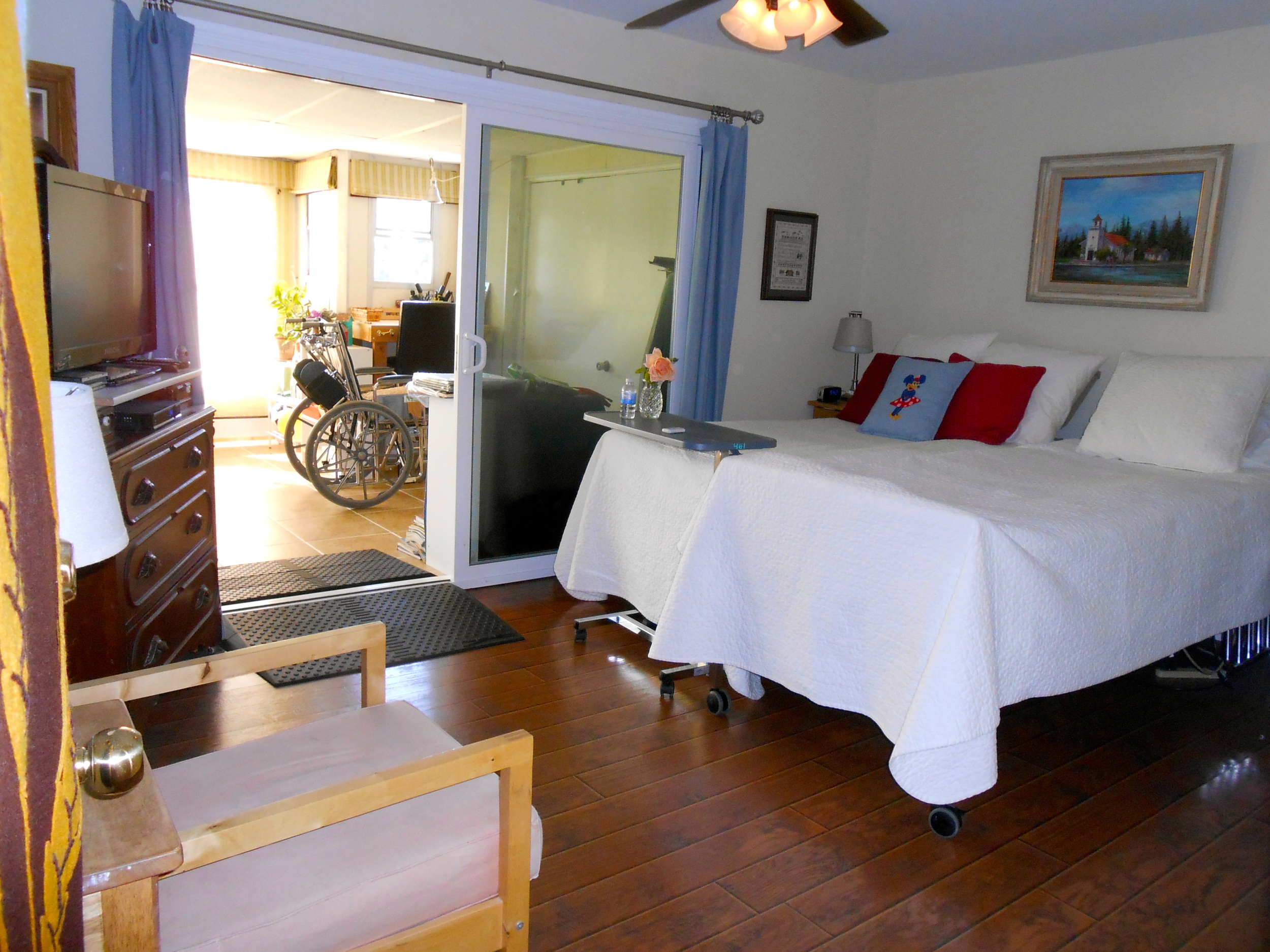
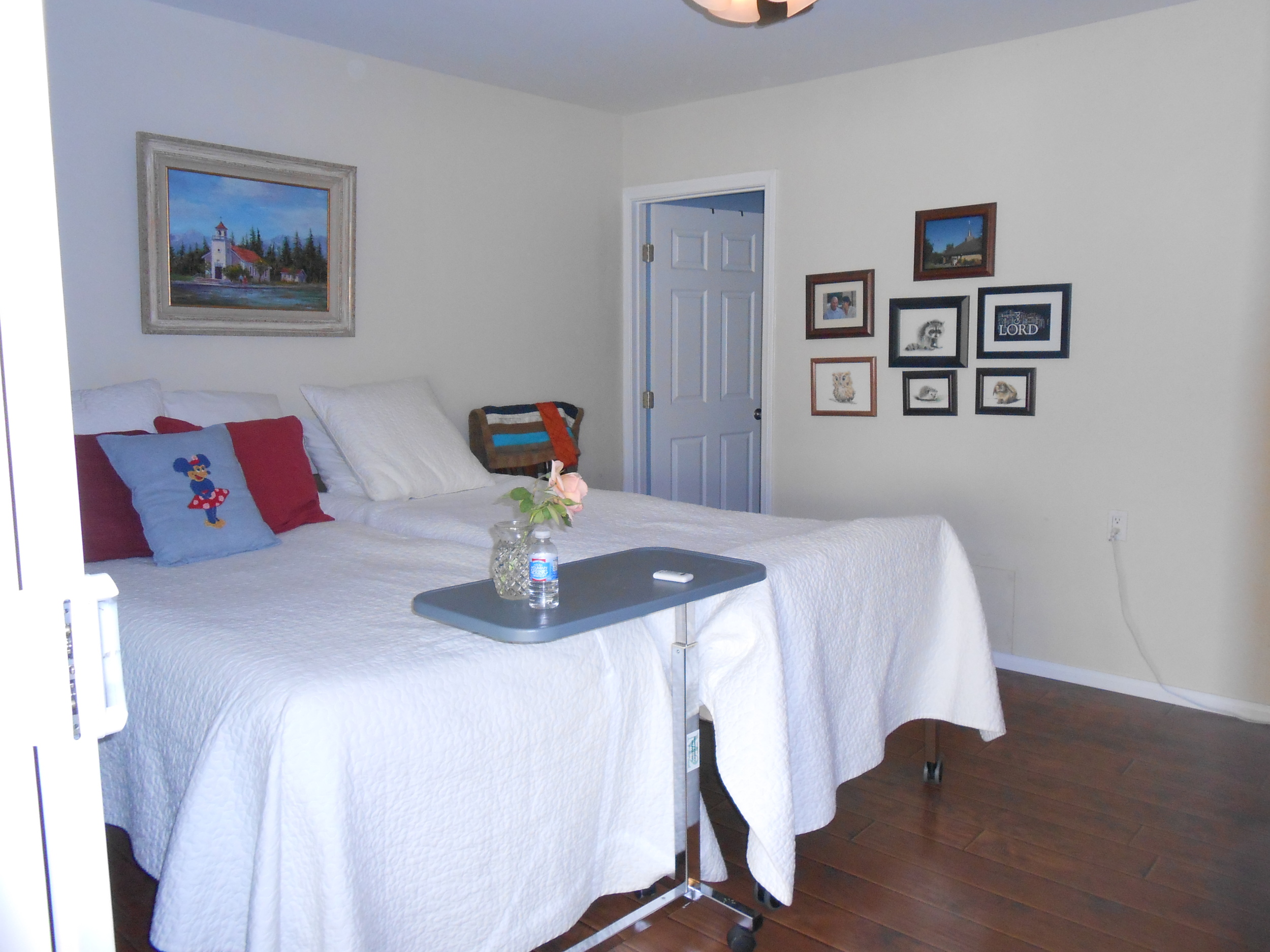


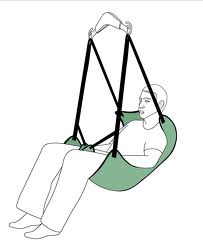
Wondering where to start? A wise person said...Ask yourself..."WHAT'S THE WORSE THAT COULD HAPPEN?"
"This question will force you to look at the worst case scenario then work back from there. It's forcing yourself to look at what could go wrong and finding strategies to do your best to prevent this."
Take for example the tendency for falling which is usually the first symptom that something is amiss. What is the worst that could happen? A fall and hip fracture. What room in the house is this most likely to happen? Bathroom perhaps. So we take steps to get rid of the throw rugs, we install bars etc. You get the picture. Whatever solutions you come up with, you've faced the worst possibility and now have ideas to stop or delay it becoming an eventuality.
Some of the health aids I found online, some through friends, or home improvement stores. Many Senior Centers have volunteers who will install handrails, and ramps. Medicare provided some of the equipment too. You don't have to make all the changes at once. Prioritize the things you need and get the most pressing needs covered first. When you must adapt things in your home, embrace the idea. Look at change as an adventure. Have a discovery attitude.
"If you are a saint, God will continually upset your programme,
and if you are wedded to your programme,
you will become the most obnoxious creature under heaven,
an irritable saint."
Oswald Chambers, Running Today's Race.
Photos by Becky S. and Article by Becky and Laurie



